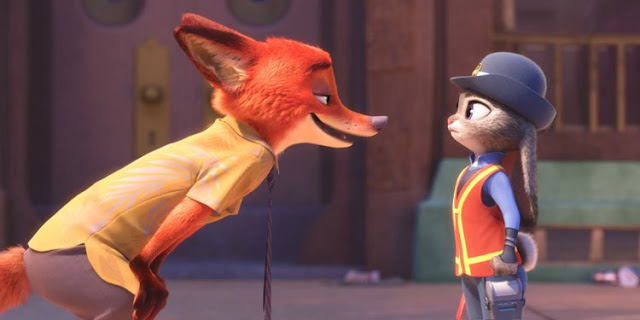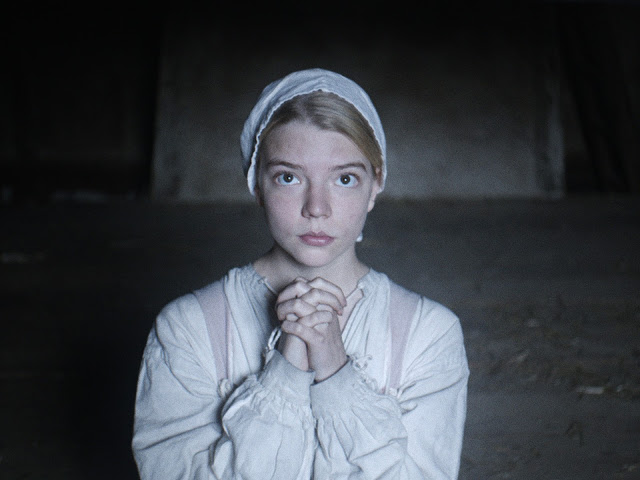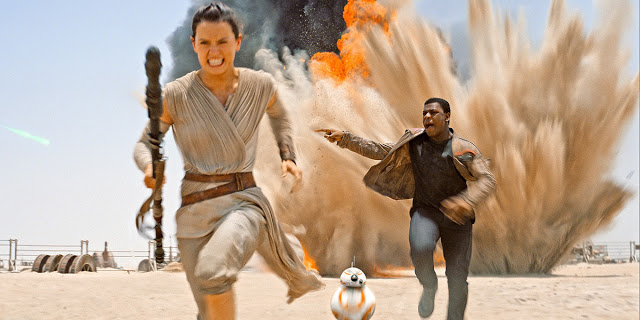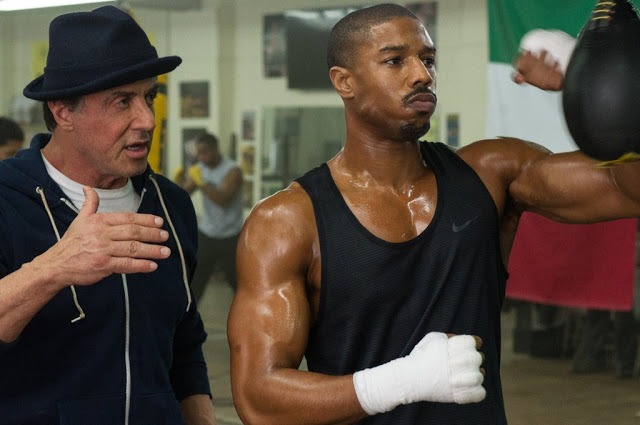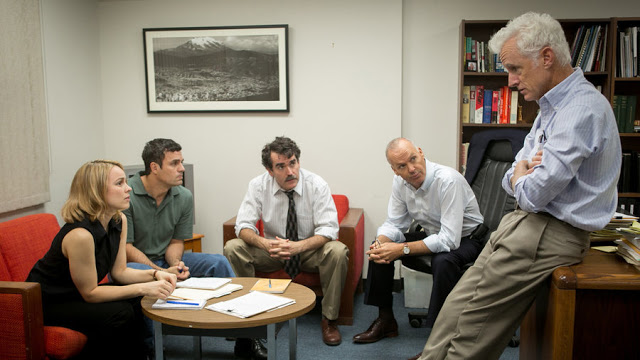Zootopia: Sly Fox and Smart Bunny Solve a Caper, Teach a Lesson
The cliché about modern animated movies is that they satisfy both kids and adults. In reality, they tend to satisfy kids or adults, with specific elements aimed exclusively at each demographic; kids are entertained by talking animals and scatological humor, while parents are placated by wry sarcasm and the sporadic literary or cinematic reference. Disney’s Zootopia isn’t entirely immune to this kind of bifurcation—there are broad gags about genitalia (groan), and there are subtle jabs like a group of critters who work at Lemming Brothers Bank (ha!)—but for the most part, it avoids the trap of pandering to its audience. This doesn’t mean it has nothing to say; on the contrary, Zootopia targets its younger viewers with a message that is familiar but also well-meaning and even resonant. It’s a kids’ movie made by adults.
The surprising power of that message is initially obscured by the film’s brisk setup and lively visuals. As the punny title suggests—this is presumably the first animated movie that will inspire parents to teach their children about the writings of Thomas More—Zootopia takes place in a universe populated by anthropomorphic animals who live in apparent harmony. Our heroine is Judy Hops (Ginnifer Goodwin), a perky bunny rabbit with big ears and a bigger heart who aspires to become the metropolis’s first cotton-tailed police officer. Judy may be small in stature, but her will is indomitable, and what she lacks in size she compensates for with quickness and guile. That’s an awfully familiar trope, and Judy’s quest for self-fulfillment results in the predictable recitation of trite platitudes found so often in children’s literature. Be yourself! Never give up! Follow your dreams! Read More

